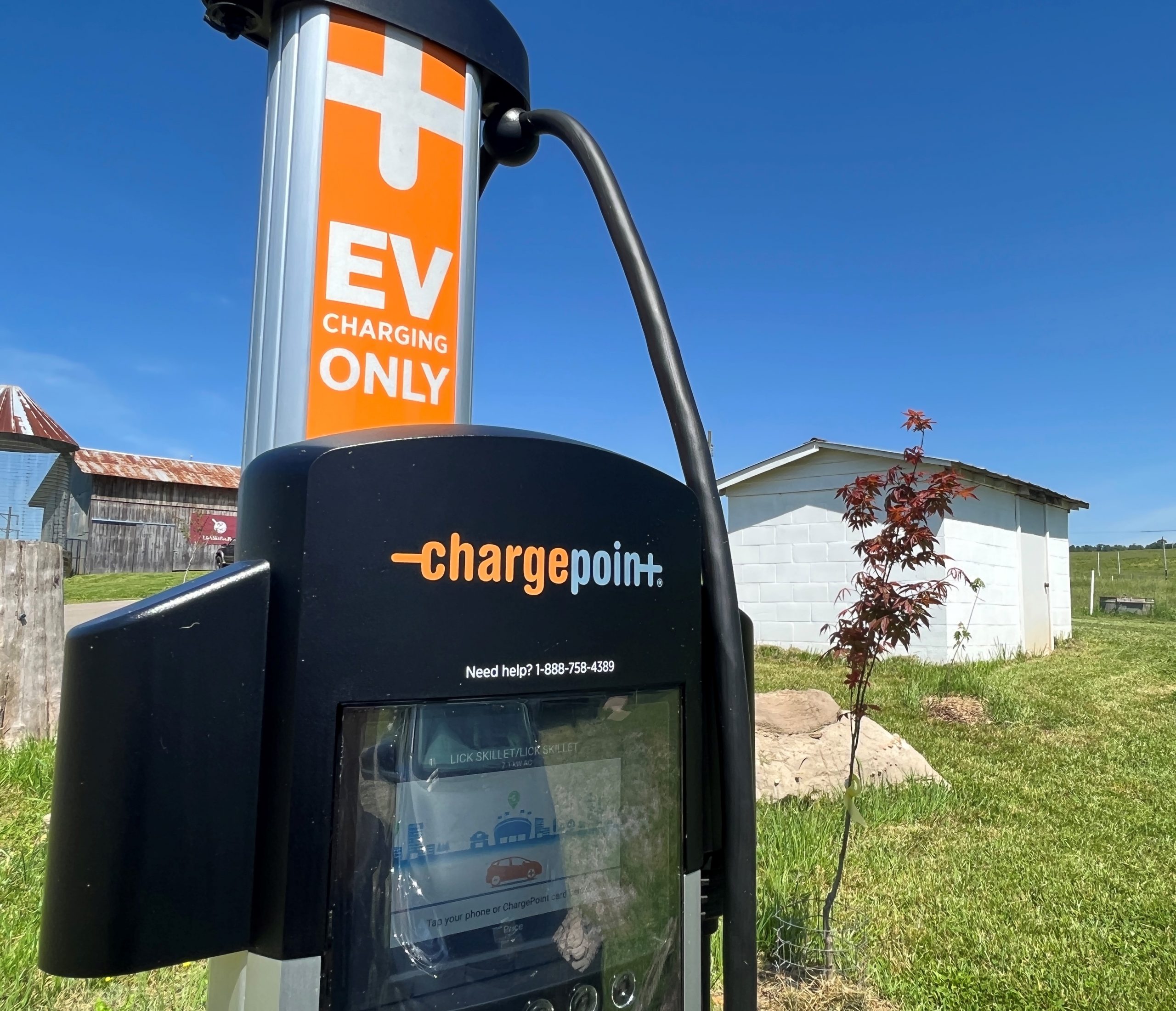
Last Updated on October 31, 2022 by
A nationwide plan will soon make your cross-country drive in an electric car or truck just as convenient as the typical experience behind the wheel of a gasoline vehicle. Major incentives and policy planning are creating a more powerful network of electric vehicle chargers. This, as the U.S. Energy Information Administration projects nearly a third of vehicles around the globe will be electric by 2050, and as US car buyers receive up to a $7,500 tax credit when becoming an EV owner.
Just like you expect to find gasoline or diesel pumps at each major interstate exit or business center, you’ll soon find more Level 2 and DC Fast Charging centers to support EV driving. The $5 billion National Electric Vehicle Infrastructure (NEVI) Formula Program is approving each state’s plan for receiving shares of major federal incentives for EV charging. Tennessee’s version, called the Electric Vehicle Infrastructure Deployment Plan, has received approval in mid-September, with state-level leaders trying to determine a procurement method by the end of 2022. This network of chargers will likely be a combination of public entities and private businesses that are all working to fulfill needs in providing this service along major thoroughfares.
How reliable will this enhanced charging network be? Federal requirements through the NEVI Formula Program are that the equipment being installed with government incentives must be operational at least 97% of the time, per a written operations plan that each program applicant must submit. The expectation is that a malfunction must typically be corrected within 48 hours or no more than a few days even for a major problem like vandalism.
The network is expected to include several Level 2 Chargers as well as a few of the premium DC Fast Chargers that can charge in just a few minutes. Various equipment brands are involved, almost all connected with software that will enable drivers to easily locate the next closest charging center and be able to plan trips. All of the chargers involved in the network will provide significantly faster charging times than EV drivers can get with the standard Level 1 charger accessory that comes with most electric vehicles.
This network that will make driving more and more convenient for EV owners ia also an opportunity for business owners who might find a fit with the program. Prior to this incentive program, the agritourism operators at Lick Skillet Farm installed a Level 2 ChargePoint EV Charger. They learned that tourists would find their farm store location in the New Market community, though the farm is a few miles off the interstate, via the online app they used to locate EV charging centers.
One place to learn more about electric vehicles and how to charge them is the Knoxville Drive Electric Festival on Saturday, September 24. This event is at the Pellissippi State Hardin Valley Campus in Knoxville and runs from 10:00 am to 3:00 pm. Entry is free, along with a free music stage and car demonstrations. It’s organized by the Knoxville Electric Vehicle Association and is anticipated to feature dozens of different electric vehicles on display, including electric trucks. Solar Alliance will be present to talk about options for electric vehicle charging and support via solar.
Solar Alliance designs and installs systems that can include electric vehicle chargers, often with solar power supporting the EV charging stations. These can be for home, office or industrial settings. We can install the leading brands of EV chargers, from Tesla to ChargePoint to JuiceBox and more. For more details, contact abrock@solaralliance.com or 865-221-8349. We have several EV charging resource links for you here.
